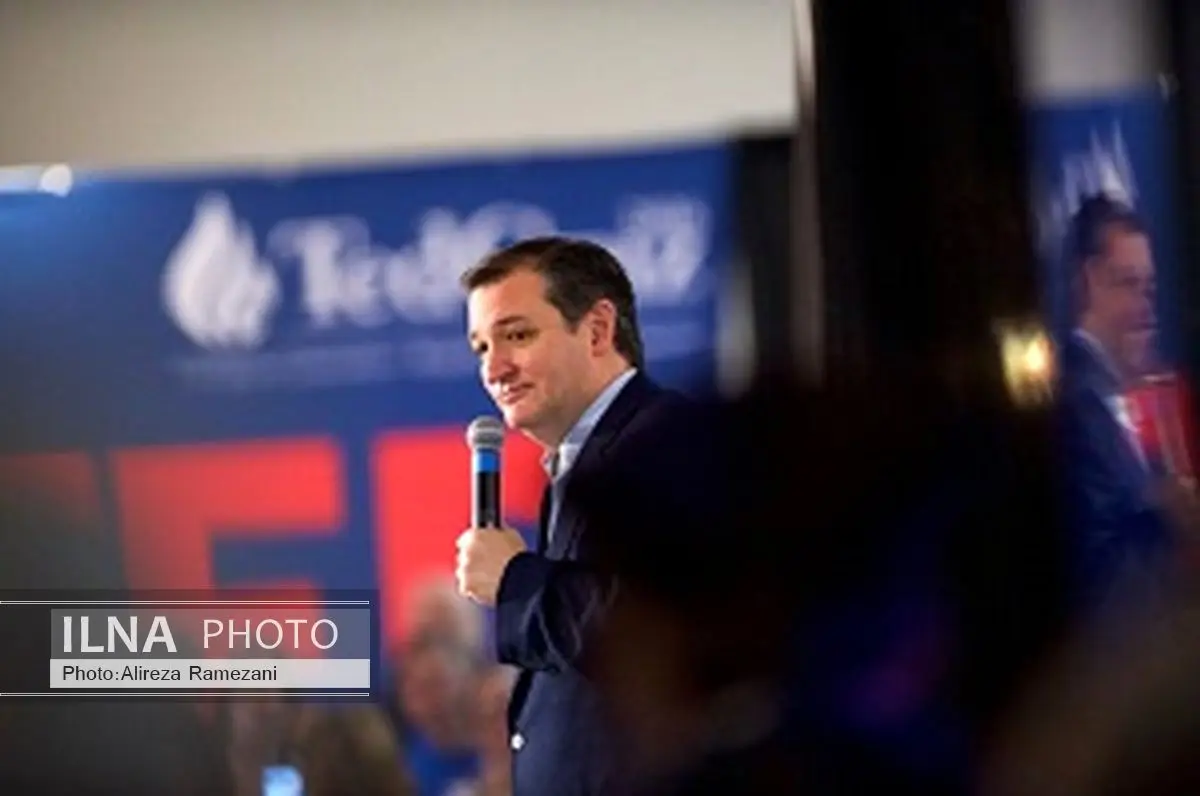Ted Cruz and John Kasich to Coordinate Against Donald Trump

Senator Ted Cruz and Gov. John Kasich of Ohio have agreed to coordinate in future primary contests in a last-ditch effort to deny Donald J. Trump the Republican presidential nomination, with each candidate standing aside in certain states amid growing concerns that Mr. Trump cannot otherwise be stopped.
In a statement late Sunday night, Mr. Cruz’s campaign manager, Jeff Roe, said that the campaign would “focus its time and resources in Indiana and in turn clear the path for Governor Kasich to compete in Oregon and New Mexico.”
Minutes after Mr. Roe’s statement, the Kasich campaign put out a similar message. The Ohio governor’s chief strategist, John Weaver, said that his campaign would shift its resources to states in the West and “give the Cruz campaign a clear path in Indiana.”
The arrangement is a striking departure for Mr. Cruz, who has in the past rebuffed calls from some Republican leaders — including members of the Kasich campaign and Mitt Romney, the 2012 Republican nominee — to divvy up states in an effort to complicate Mr. Trump’s path.
The move also signals a major shift in tone from the Cruz campaign toward Mr. Kasich, whom Cruz aides have long cast as a spoiler in the race. Mr. Cruz has openly questioned whether Mr. Kasich was auditioning to be Mr. Trump’s vice president.
But Indiana, which votes on May 3, is seen as critical to Mr. Cruz’s chances of keeping Mr. Trump safely beneath the delegate count required for the nomination. In a signal of Indiana’s importance, Mr. Cruz has held several events in the state in recent days, giving relatively little attention to the five states that vote on Tuesday, when he is expected to lose more delegates to Mr. Trump.
Mr. Kasich’s team had hoped to coordinate in this manner much sooner. Last month, at a debate in Miami, Mr. Weaver broached the possibility with Mr. Roe of splitting the remaining states in an effort to minimize Mr. Trump’s delegate haul. Mr. Cruz’s team rejected the overture, in part because it would have meant ceding the spotlight in high-profile contests, such as New York, in the Northeast and mid-Atlantic states. Mr. Weaver and Mr. Roe reached the accord this time and the two candidates did not discuss it, according to an adviser to Mr. Kasich.
Mr. Trump’s landslide victory in New York last week and an expected win Tuesday in a handful of Eastern states has demoralized those Republicans hoping to halt his candidacy. They fear that if he wins Indiana after his run of recent success, the appetite and financing to block him in the remaining states will dissipate. Indiana is also one of the few remaining states before California votes on June 7 where there is much indecision. The intervening states either clearly favor Mr. Trump or Mr. Cruz, or they will scatter their delegates through some proportional approach.
Public polling in Indiana shows Mr. Cruz trailing Mr. Trump, in part because Mr. Kasich is threatening to win a significant number of votes, particularly in the Indianapolis area, which is filled with more affluent Republicans. Indiana awards delegates based on congressional district results and the overall winner; five of the state’s nine districts include or immediately border the county that is home to Indianapolis.
A Fox News survey released last week showed Mr. Trump taking 41 percent of the vote while Mr. Cruz received 33 percent and Mr. Kasich 16 percent. But without Mr. Kasich in the race, Mr. Trump’s lead narrowed to two points.
END
